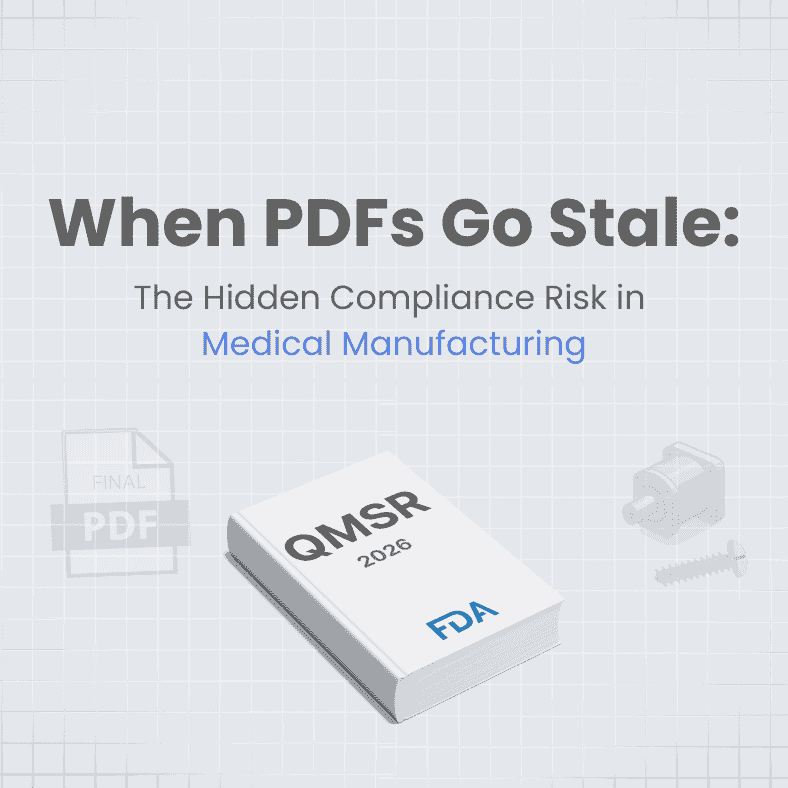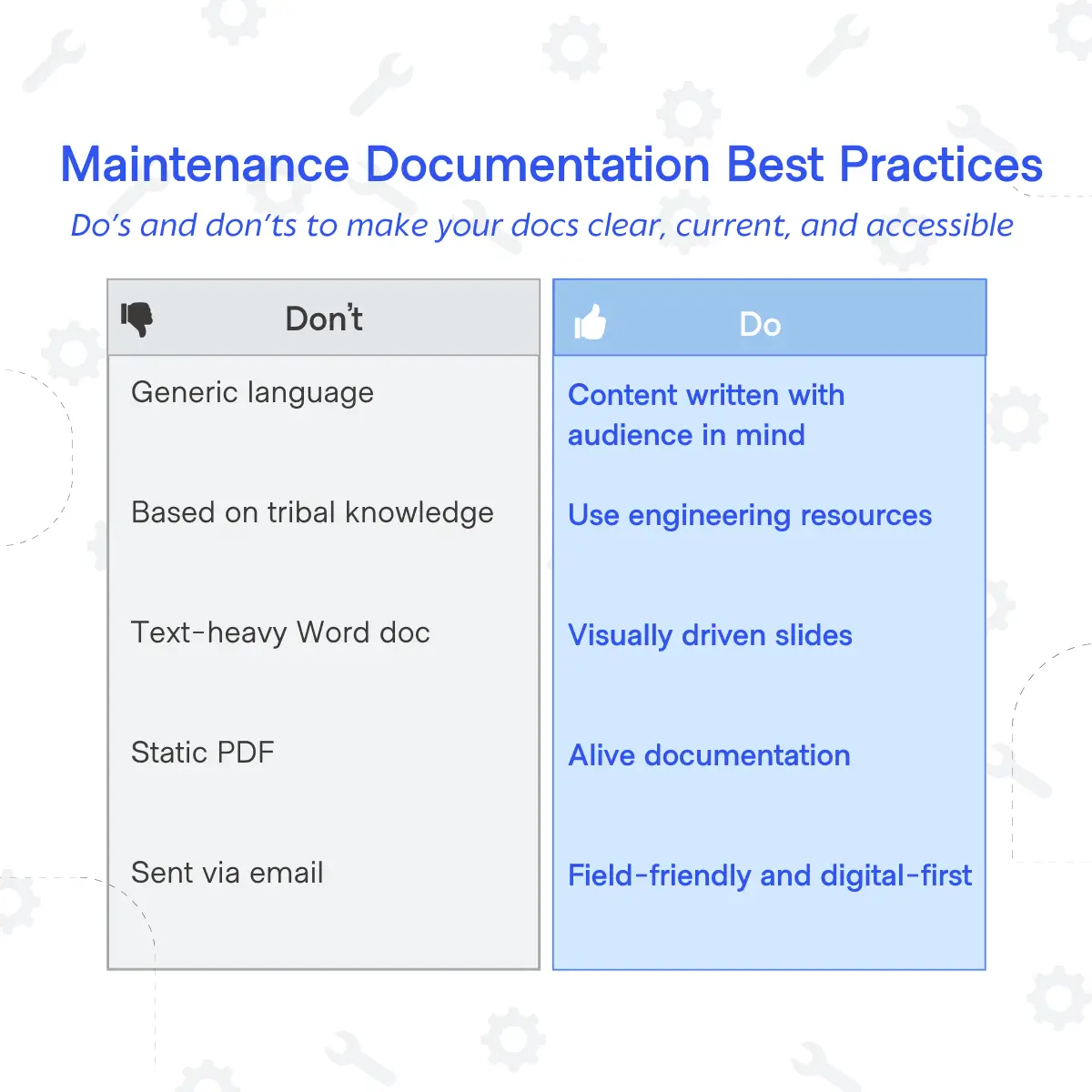How academia, startups, and legacy companies are fueling one of the world’s most dynamic robotics workforces
When people talk about what makes Boston a global robotics hub, they often point to the concentration of world-class research institutions or the legacy of companies like Boston Dynamics. But what truly sets the city apart is its talent engine - the steady, interconnected flow of students, postdocs, and engineers from academia into startups and industry. This local loop of technical excellence is one of the most powerful forces keeping Boston at the forefront of robotics innovation.
Who better to talk to about the Boston robotics ecosystem than Daniel Theobald. Daniel is not only Co-Founder and President of MassRobotics (the country’s top robotics accelerator) but also a serial robotics entrepreneur himself (Founder of Vecna Robotics, one of Boston’s most successful robotics companies, among several other startups). Daniel completed his undergraduate and graduate degrees at MIT, after which he chose Cambridge as the headquarters for his first robotics company, Vecna, which he ran for nearly 20 years.
“After my experience at MIT, it was a no-brainer to stay in Boston when starting my first company.” It was Daniel’s experience with hiring, training, and innovating with local Boston talent that inspired him to start the MassRobotics accelerator program in 2015, and when it was time to start his new robotics venture in 2018 - Vecna Robotics - Boston was the obvious choice. “As a founder, I knew that I needed to have a reliable team behind me. Boston’s talent pool in the robotics space is second to none.”
So what makes Boston such a great place to grow a robotics company?
The Academic Pipeline
Boston’s reputation in robotics starts with its universities. MIT leads the way, not just in research, but in creating founder-ready engineers, like Daniel. Labs like CSAIL, the Biomimetic Robotics Lab, and the Distributed Robotics Lab routinely produce PhDs who either launch their own companies or join early-stage teams. These aren’t just academic theorists—they’re the technical minds behind autonomous warehouses, dexterous manipulation systems, and advanced vision stacks.
Northeastern University and Boston University also play a crucial, and often underappreciated, role in applied robotics. Their strong co-op and industry partnership programs create hands-on experience that startups crave. MassRobotics has noticed, with many of the companies in its accelerator hiring co-op interns. Meanwhile, Harvard contributes from a different angle: cross-disciplinary robotics with deep ties to biology, material science, and soft robotics. The Wyss Institute alone has launched dozens of commercial projects in wearable robotics, surgical automation, and more.
Postdocs and Researchers
One unique ingredient in Boston’s robotics scene is the density of postdoctoral researchers and international talent. Many arrive to work in labs at MIT, Harvard, or Tufts—and stay after discovering the thriving startup ecosystem. Programs like The Engine and MassRobotics give these researchers a runway to turn science into companies.
You’ll find CTOs of early-stage robotics startups who were in academia just 12 months ago—now leading teams, raising funding, and bringing products to market. Boston has built a soft landing for this transition that few other cities match.
Startups as Talent Magnets
For robotics grads looking to stay in Boston, there’s no shortage of opportunity. Companies like Realtime Robotics, Locus Robotics, Pickle Robot, and Humatics have become magnets for early-career talent. These startups offer a fast-paced environment where new engineers can have a real impact—and where their research skills are seen as assets, not academic baggage.
It’s not uncommon to find a 10-person robotics startup in Boston with multiple MIT or Northeastern grads, a former Boston Dynamics engineer, and a co-op student building their first test rig.
What Keeps Talent in Boston?
There are several reasons why robotics talent tends to stay in the area:
- Access to real work: The gap between the lab and industry is narrower here. Boston’s startups are often deeply technical, giving engineers meaningful problems to solve right away.
- Technical founders: The local culture values deeply technical leadership. Founders who’ve built robots, not just pitched them.
- Supportive infrastructure: Co-working spaces, testing facilities, and accelerators (like MassRobotics - the world’s largest independent robotics hub) make Boston especially friendly to hardware startups.
- Hardware-friendly investors: Investors like The Engine, Hyperplane, and Cybernetix understand what it takes to build and scale hard tech.
But the city isn’t immune to challenges. Cost of living in Cambridge and Somerville is climbing. Some top-tier grads still get pulled to the West Coast or Europe by Big Tech salaries. And without enough Series B and C robotics companies in town, mid-career talent sometimes runs out of local rungs to climb.
What’s Next for Boston’s Robotics Talent Engine?
As AI and robotics continue to converge, Boston is poised to lead in areas like embodied intelligence, climate robotics, and medical automation. But maintaining the edge will require more than just good schools. It’ll take:
- Sustained support for university-industry partnerships
- Public and private investments in affordable housing and lab space
- A conscious effort to scale companies past early-stage R&D into production and deployment
Boston’s robotics edge isn’t just built on ideas—it’s built on people. Students who stay after graduation. Postdocs who turn into founders. Engineers who help launch startups and then start their own. This constant movement—from lab to company to the next generation—is Boston’s secret weapon.
A year ago, our team at Quarter20 first attended the Boston Robotics Summit as an attendee. We found the networking so strong, this year we decided to come back with a booth (see our post here talking about our positive experience). So far, it has been the most impactful event we’ve attended to date. The summit does a fantastic job of showcasing the Boston ecosystem in action, bringing together researchers, startups, and industry leaders to exchange ideas and accelerate innovation.
Are you looking to start a robotics startup? Consider skipping the Bay and look toward Boston. Applications to MassRobotics can be found online here: https://www.massrobotics.org/startups/resident-application/



.jpg)

